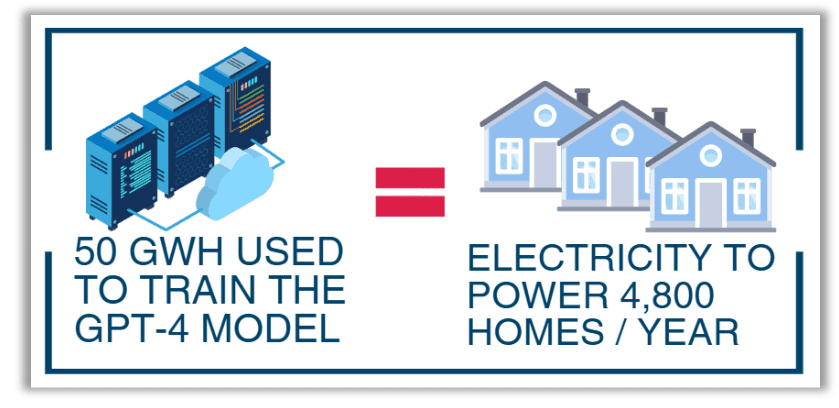NRTC’s Milton Geiger Ready to Drive Smart Grid Techs in the Mainstream
Randy Sukow
|

On June 7, Milton Geiger takes his new position as NRTC’s director of Smart Grid Energy Solutions. He comes to NRTC from Poudre Valley Rural Electric Association (PVREA) in Fort Collins, CO, where he has served since 2016, first as alternative energy administrator and later as energy resource director. The title changed, he says, because it no longer seemed to fit. Technologies such as solar, battery storage and distributed energy resources no longer seem “alternative,” but have entered the mainstream.
Part of his NRTC task will be to revitalize interest in rural solar projects. “There was definitely a letdown with COVID. It impacted construction and how you allocate capital. Co-op utilities are especially risk averse. But solar is definitely on the rebound,” he says. There has been an uptick in install announcements and component prices are creeping up as demand for equipment increases, an issue to watch going forward.
He is also watching developments on Capitol Hill. Just as Congress has allocated new funding for broadband projects, solar and other energy projects also could see new support through an infrastructure bill now under debate. There could be tax credits and programs to encourage smart grid deployments, although it is impossible to predict what will eventually emerge.
The future use of electric storage systems by rural providers is another major topic Geiger will follow. Working with ENGIE, NRTC in recent years has installed batteries as a tool to shave the cost power from the generator during peak demand hours. Storage systems also can help a utility improve grid reliability, voltage profiles and overall power quality, depending on the situation. There are also potential cybersecurity and environmental benefits.
One of the thing Geiger will seek is which uses cases could have an immediate effect on rural America right now. What are the goals rural distribution co-ops seek?
Geiger’s interesting side activity over the last two years has been as a lecturer at the University of Wyoming in Laramie. He leads a course titled “Cooperative Business Model” for the school’s Department of Agricultural and Applied Economics. Lecturing began after consultant and former NRTC VP Adam Schwartz gave the Wyoming Rural Electric Association (WREA) a presentation on “The Cooperative Way.”
“He talked about how young adults don’t know a whole lot about cooperatives, but at the same time rural electrics give a lot of scholarships. So why not wed the two together?” he said. The university and WREA organized the program and chose Geiger as lecturer. “Poudre Valley was gracious enough in the spirit of education, being one of the co-op principles, to give me some release time,” says. He began the sessions as an in-person class and later converted to online lectures during the pandemic.
Geiger holds a dual Masters degree in Agricultural and Applied Economics/Environment and Natural Resources from Wyoming. He is originally trained as an economist and holds a Bachelor of Environmental Economics from Colgate University, Hamilton, NY.


